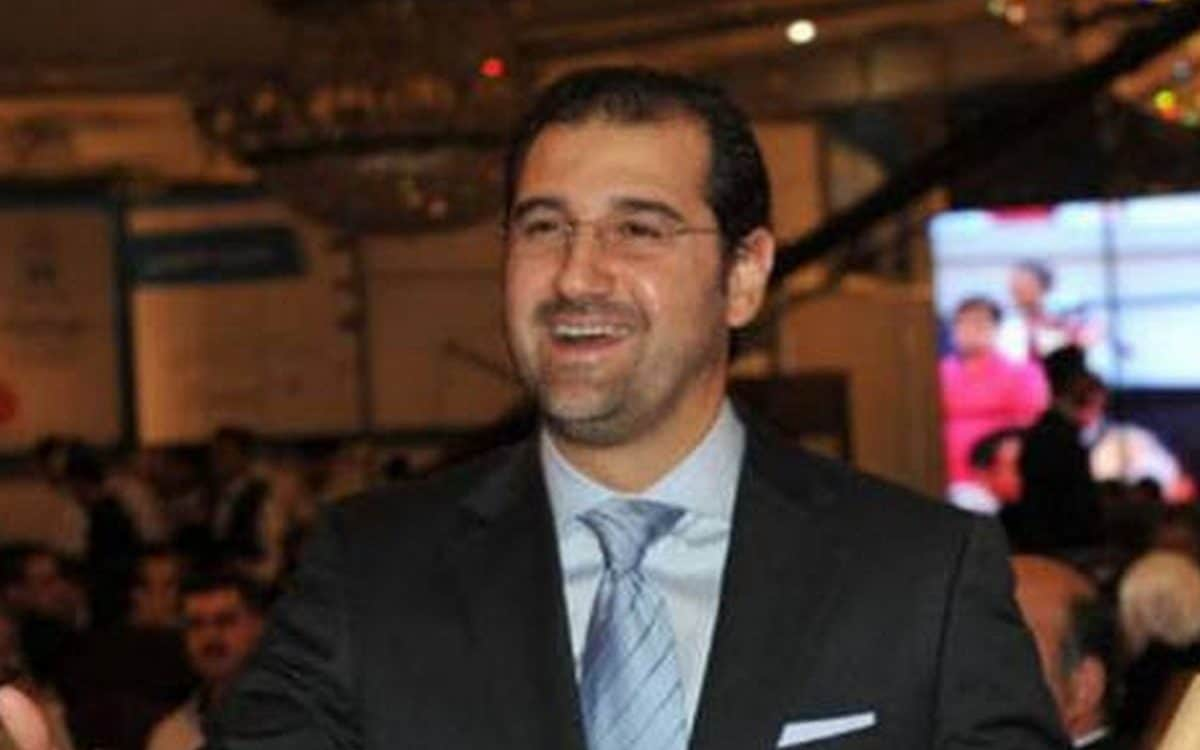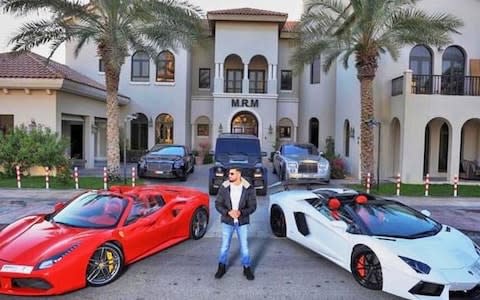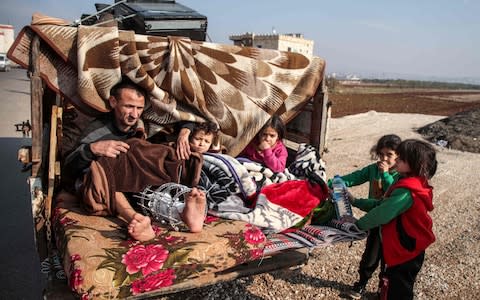Syria begins shakedown of wealthiest businessmen as war debts spiral

Syria has seized the assets of President Bashar al-Assad’s cousin, as the embattled government begins a shakedown of the country’s wealthiest businessmen.
Rami Makhlouf, 50, is accused by the finance ministry of importing smuggled goods and was yesterday ordered to pay 11 billion Syrian pounds (£16m) in fines.
The ministry claimed that in 2017, Mr Makhlouf’s Abar Petroleum Services transferred a shipment of petroleum products, diesel, gasoline, and liquefied gas worth £25m to Syria without paying charges to the customs.
The decision against Mr Makhlouf comes as part of a so-called anti-corruption campaign launched recently by the Syrian regime to force entrepreneurs and businessmen to pay millions of US dollars to the Central Bank to save the country from bankruptcy.
Saudi Arabia’s Crown Prince Mohammed bin Salman carried out a similar “anti-corruption” sweep in 2017 that saw princes, businessmen and officials detained and tortured at the Ritz-Carlton hotel in Riyadh. The prince recovered $100bn in settlements to cover a significant state budget deficit.
Mr Makhlouf, who owns a chain of upmarket hotels, finance companies and SyriaTel, the country’s main mobile phone company, is currently being held under house arrest.

The European Union and the US have already imposed sanctions on Mr Makhlouf, who controlled up to 60 percent of Syria's economy before the civil war broke out in 2011.
Mr Makhlouf was among a group of connected insiders who monopolised the small, but growing, Syrian private sector in the 1990s, under the rule of his uncle, Bashar’s father, Hafez al-Assad.
The family’s public displays of wealth has even earned the wrath of regime supporters, who are not usually openly critical of the ruling family.
They have long been seen by the rebels as a symbol of corruption in Syria. During the early days of the uprising, demonstrators called Mr Makhlouf a "thief”.
Mohammed, Mr Makhlouf’s son, posted pictures on his Instagram account posing in front of sports cars and the large villa the family owns in Dubai.

In a recent article the 22-year-old claimed to be about to invest $300 million in property in Syria, saying that the money came from his “business”.
Syria analysts described the government’s move as an “extraordinary moment” in the eight-year war.
"To see the regime taking action like this against somebody so senior and indeed, others who were part of this new crony capitalism demonstrates that all is not well," Chris Doyle, director of the Council for Arab-British Understanding, said.
The Syrian government may be trying to "shore up its legitimacy at a time of real declining revenues and when so many Syrians are destitute," Mr Doyle said. "It could also be that given the regime has so little financial resource at the moment that they are trying to basically corral in as many millions and billions as they can in order to keep going."

